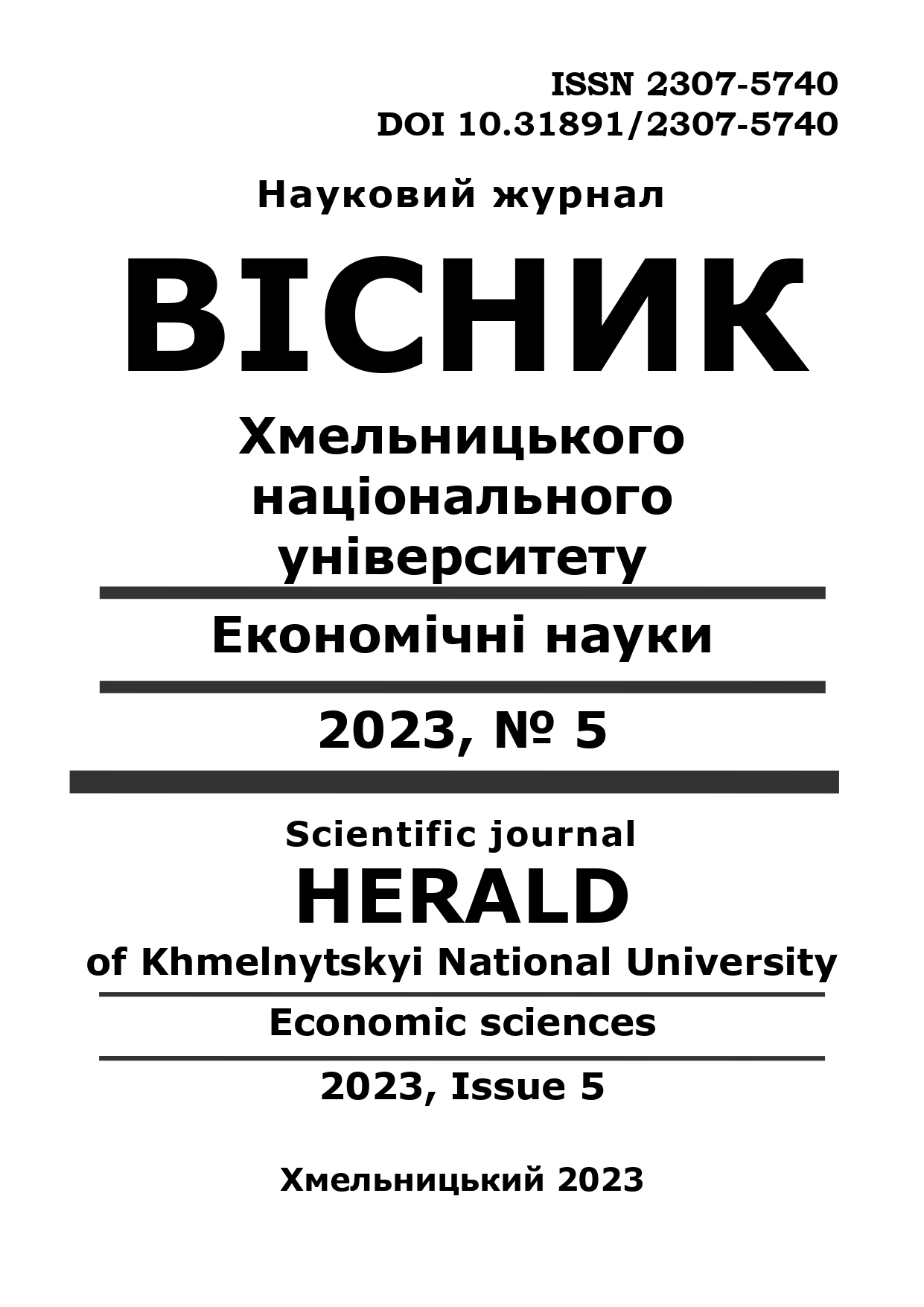ADVANCED TRAINING IN POSTGRADUATE EDUCATION INSTITUTIONS IN THE CONDITIONS OF MARTIAL LAW
DOI:
https://doi.org/10.31891/2307-5740-2023-322-5-34Keywords:
martial law, public servants, professional development, vocational training institutions, vocational programsAbstract
The article focuses on the need to meet the needs of public sector professionals in acquiring new knowledge and skills through the proposals of educational service providers in the field of vocational training under the legal regime of martial law. It is established that under the legal regime of martial law, postgraduate education institutions providing professional training, in particular, advanced training of public servants, continue to operate fully despite various restrictions on the organization of operational activities. They are free to choose the forms, methods and means of training that correspond to the professional development programs. For most postgraduate education institutions, distance learning became the only available form in the system of professional development of civil servants in 2022. Based on the analysis of the Poltava Regional Center for Professional Development, it can be stated that the number of educational events, groups of participants, and the number of participants in professional training has increased. In 2022, vocational training was mainly provided to local government officials and civil servants of regional and district state (military) administrations, and the number of participants in vocational training decreased compared to the pre-war year. The task of providing professional information and explanatory support on topical issues of public service under martial law was a companion to educational services for postgraduate education institutions. The high quality of educational services of postgraduate education institutions can be ensured by expanding the range of educational services in the field of professional training of officials with the simultaneous introduction of innovative educational technologies, various forms and methods of teaching, and wider involvement of practicing teachers, representatives and experts of civil society institutions. Priority areas of training should be determined by the needs of customers of educational services for professional development.


